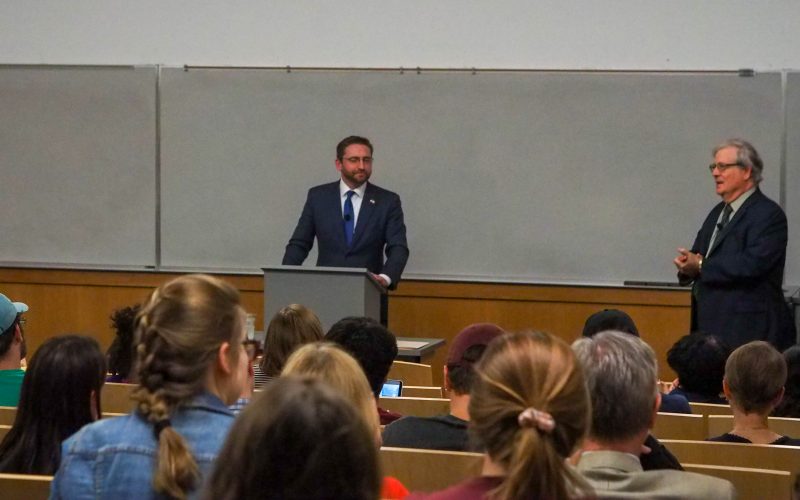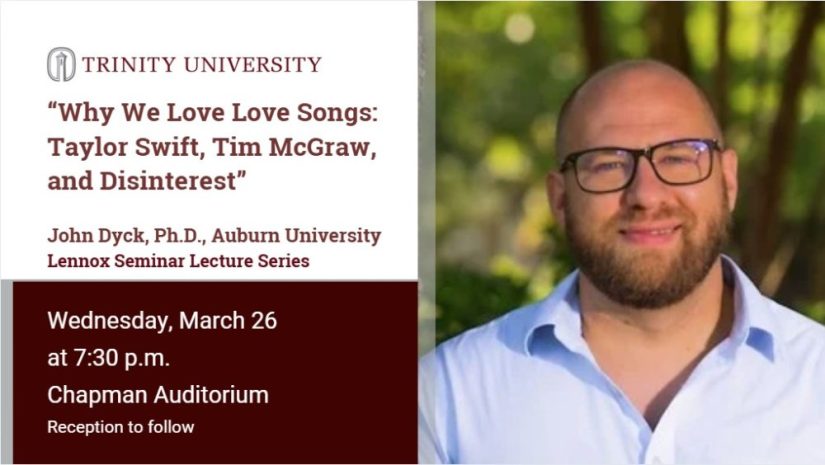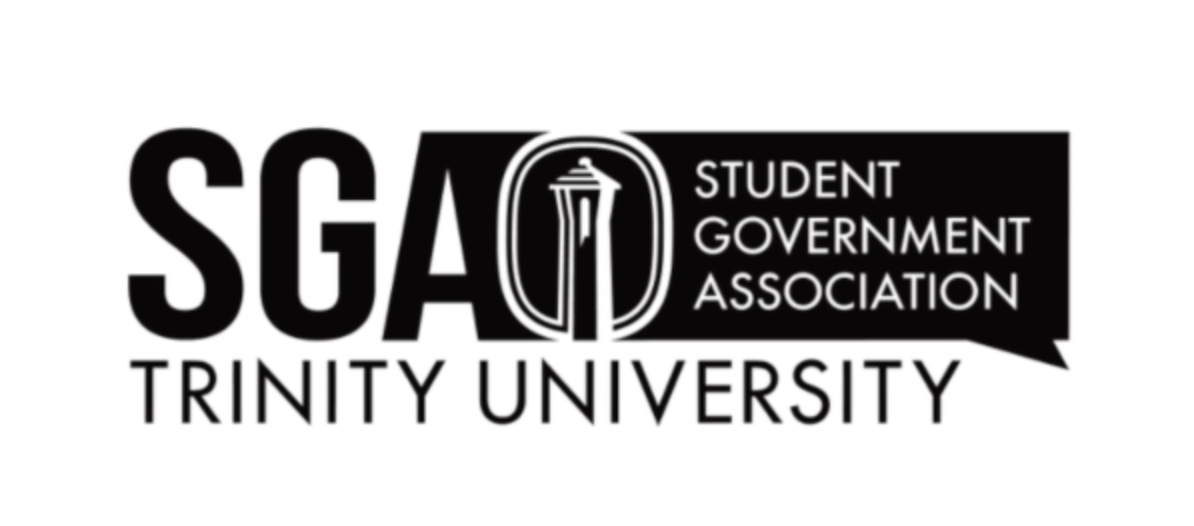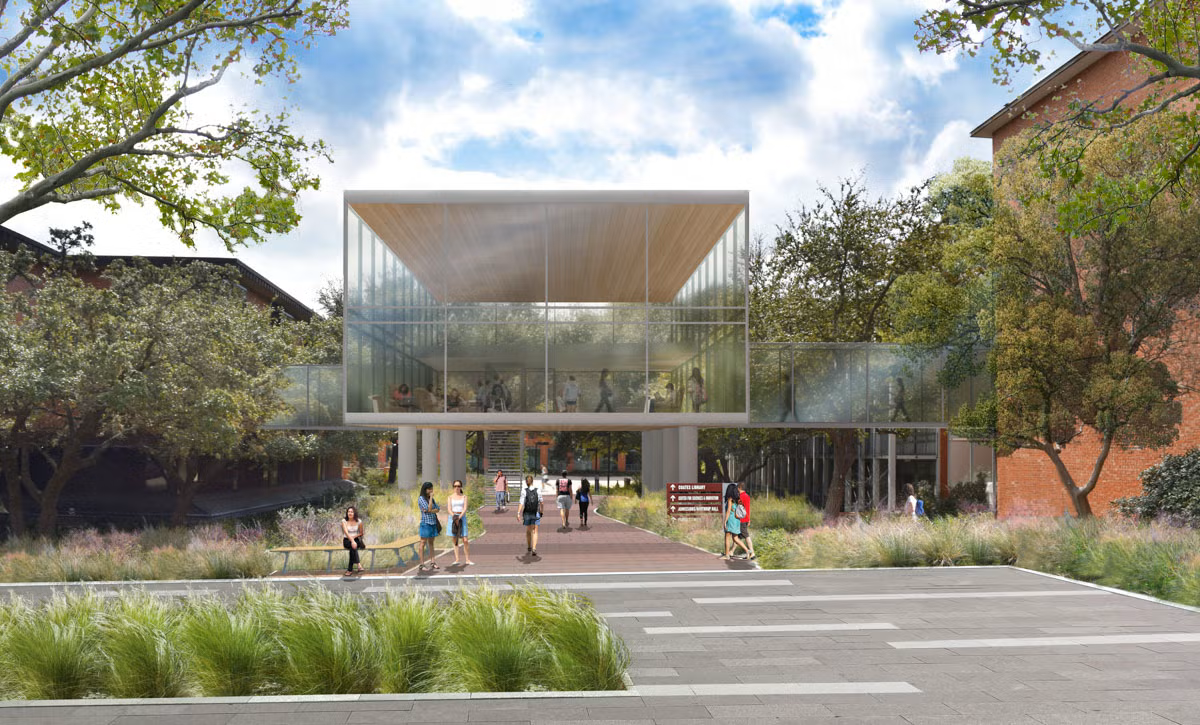The Consulate General of Ireland returned to Trinity on Wednesday, Oct. 3, to speak about the recent peace in Northern Ireland, as well as the new conflicts on the rise due to Brexit.
John Burke, a visiting professor in the Department of Political Science, met Adrian Farrell through the Irish community in San Antonio and invited him to come give a lecture at the university. Farrell is Ireland’s consul general to Texas, Arkansas, Colorado, Kansas, New Mexico, Louisiana and Oklahoma. This is his second time speaking at Trinity. Last year he presented a lecture on Brexit.
“I think he is timely. He talked about Brexit last time, and now he’s going to talk about how it’s the 20th anniversary, and this is a major issue,” Burke said. “There’s been some relative peace in Ireland for the first time in 400 years, and so it’s something to commemorate.”
According to Burke, tensions between Protestants and Catholics in Ireland have been prevalent since the early 1600s, with Protestants occupying the northernmost counties and Catholics dominating the rest of Ireland. In 1922, the Protestant counties of Ireland became Northern Ireland and joined the United Kingdom.
Struggles within the Irish Protestant leadership and discrimination against Irish Catholics kept tensions within Northern Ireland alive. In 1998, the United Kingdom and the United States created a peace agreement, the Good Friday Agreement, for Ireland.
“They were able to broker a peace agreement, which led to power-sharing in Northern Ireland between the Protestants and Catholics,” Burke said. “What it also did was it took down the border checkpoints and let the traffic flow freely across that [Northern Ireland and Republic of Ireland] border.”
The Good Friday Agreement has brought 20 years of peace between the two countries, along with economic prosperity. It is common for people to live on one side of the border and go to school or work on the other side.
“The core function of this [agreement] was to improve intercommunity dialogue in Northern Ireland,” Farrell said. “But is also set up a lot of bodies and initiatives to create cross-border between [the two countries] to improve relations on the island of Ireland. Previously divided communities began to engage much more strongly with each other across the border.”
Sophomore Emma McMahan, an international studies major, introduced Farrell at this meeting. McMahan is a third-generation Irish-American who values Irish politics and thinks they are important to Trinity as well.
“I think world politics in general are very important, even though they don’t directly affect us,” McMahan said. “I think it’s good to talk about because we might see some tension in our own country, but [by] looking at other countries’ problems, I think it’s good to analyze it [and] learn about how countries interact, and I think Ireland and Northern Ireland is a great example of that.”
Both McMahan and Burke introduced the issue of Brexit in the peace between Northern Ireland and the Republic of Ireland. Due to Brexit, the question has been raised on whether the border between the countries will close again. The issue has still not been resolved.
“Is there going to be new checkpoints again put out between those six counties and the rest of Ireland because of divisions between the EU and the UK?” Burke asked. “The EU wants to keep the border open, and then whatever customs duties and everything else should be between Ireland and Britain. Well, the UK doesn’t want to do that, because it feels like it’s abandoning that Northern Ireland.”
According to Farrell, both the Irish government and their European Union partners are advocating for an open-border throughout the Brexit process because it is the foundation of peace in those countries.
“As we celebrate the 20th anniversary of the Good Friday Agreement today, we must remember that nothing can be taken for granted,” Farrell said. “Something must be done to prevent any risk whatsoever of a return to the misery of the past, including any errors associated with the hard border.”
On Wednesday, Oct. 31, Dan Mulhall, the Irish Ambassador to the United States, will be speaking at Trinity.






